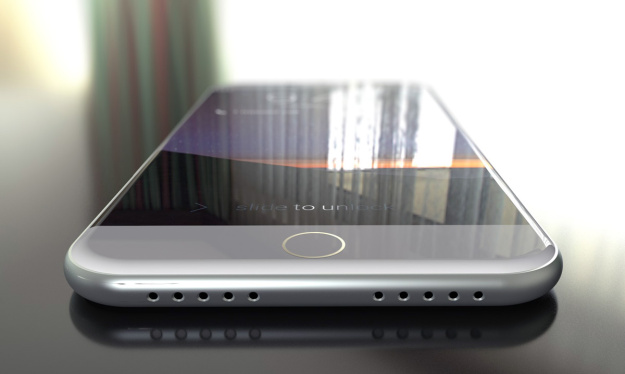Everyone had big hopes for iPhone 7, but as the momentum slows on iPhone 7 sales, questions are creeping in about Apple Inc.’s recovery during fiscal 2017.
Apple stock is currently trading at the $109 levels, considerably lower than the $119 level they touched at the beginning of the calendar year 2016. But that’s not really the problem. The real issue with Apple is the lack of enthusiasm for iPhone 7 in several key markets including China.
Initial demand for iPhone 7 was strong, but that was driven, in part, by the solid demand for the Jet Black version, as well as customers moving from the failed Samsung Galaxy Note 7 to the iPhone 7.
Now, however, with the Samsung Galaxy S7 and S7 Edge coming on strong and Google spending millions advertising, promoting and discounting its Google Pixel and Pixel XL, Apple is feeling the pressure at the high end of the smartphone segment that it once unquestionably dominated.
The interesting phenomenon playing out here is the fact that people with vested interests are dealing with the situation just as they did when sales started slumping at the beginning of the 2016 fiscal – denial and an immediate focal shift to the next iPhone. Suppliers, investors and the company itself are now pinning all their hopes on the next iPhone – the 10th Anniversary iPhone slated for 2017.
Related Article: Apple Testing 10 Different Prototypes to Make the 2017 iPhone a Stunner
It would seem that Apple is now faced with multiple challenges. The first is the dismal demand for iPhone 7 and iPhone 7 Plus. The demand is still there, mind you, but not at the pace the company was expecting. In South Korea, for example, iPhone 7 sales have dropped to 10,000 units per week compared to the 15,000 units per week that the Samsung Galaxy S7 is selling – and that’s just the Blue Coral version they launched last month.
Related Article: Jet Black iPhone 7 Soon to Meet Its Match in New Samsung Galaxy S7 Glossy Black?
The second challenge is the 2017 iPhone. Most of us have been calling it the iPhone 8 for lack of a real monicker for the 10th Anniversary Edition of iPhone, but we now think Apple will be creating a unique brand name for next year’s iPhone. That said, they’ve been furiously testing various new technologies (some that are new to them but not other smartphone manufacturers) such as flexible OLED screens, wireless charging, unibody glass chassis and so on, as you will see in the first “related articles” link posted above.
The third challenge is the smartphone market itself. Worldwide demand for smartphones is getting softer by the month, and this year the entire industry saw a slump in the demand for smartphones. Some cite the increasing competition as the main reason, while others say penetration in developed markets is reaching a critical point. Regardless, fewer people than ever are buying smartphones, and the growth of the smartphone market is becoming more dependent on internet connectivity penetration in developing and emerging markets.
But there’s also a fourth challenge that many people aren’t aware of, and it is this: Apple is very heavily dependent on iPhone sales for its revenues. In fact, over the most recent financial quarter, 63.4% of Apple’s revenue came from iPhone sales. That’s good news when iPhone sales are growing strong year over year, but during the current downturn that could spell disaster.
Apple may not be able to address all of these challenges successfully, but the growth of Apple Pay is now starting to form a buttress around Apple’s device ecosystem. Eventually, it will gain enough momentum to support declining iPhone and other device sales, but right now it’s still in the early stages of growth.
Related Article: Apple Pay Launched in Spain, Fourth European Country to get Mobile Wallet
And that’s Apple Inc.’s predicament in a nutshell – slowing sales on key products, and not enough support yet from newer initiatives.
Can Apple dig itself out of this fix? Only time will tell, but one thing is for certain: The absolute dominance of Apple in the smartphone world is slowly drawing to a close. With Google and Samsung hard on their heels and Microsoft secretly making plans to disrupt the world of mobility itself, Apple’s position is shakier now that it has ever been since the iPhone was introduced in 2007.
Thanks for reading our work! Please bookmark 1redDrop.com to keep tabs on the hottest, most happening tech and business news from around the world. On Apple News, please favorite the 1redDrop channel to get us in your news feed.



